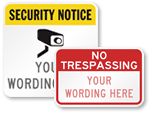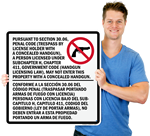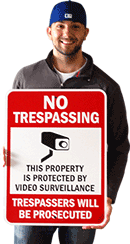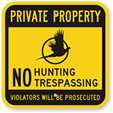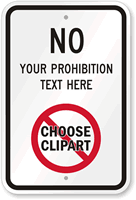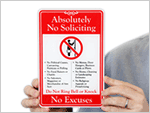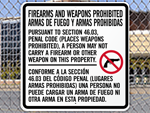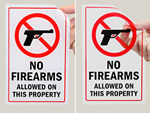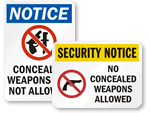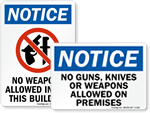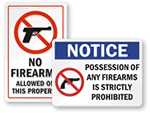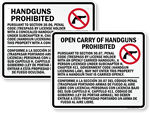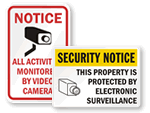- Home
- Custom
- Gun Signs
- No Trespassing
-
Private Property
-
- Private Property Signs
- Beach Property Signs
- Big Private Property Signs
- Cemetery Signs
- Custom Property Policy Signs
- Designer Private Property Signs
- Dumpster Signs
- Do Not Enter Property Signs
- Keep Off Grass Signs
- Members Only Signs
- Neighborhood Watch Signs
-
- Prohibition
-
Video Surveillance
-
- Video Surveillance Signs
- 24 Hour Surveillance Signs
- Area Under Surveillance Signs
- Audio Surveillance Signs
- Bilingual Surveillance Signs
- CCTV Signs
- Designer Surveillance Signs
- Home Security Signs
- Smile You're on Camera Signs
- Surveillance Warning Signs
- Video Surveillance Yard Signs
- Security Camera Signs
- Drone Signs
-
- No Soliciting
- Beware of Dog
No Result Found!
TRENDING SEARCHES
Recently Viewed

